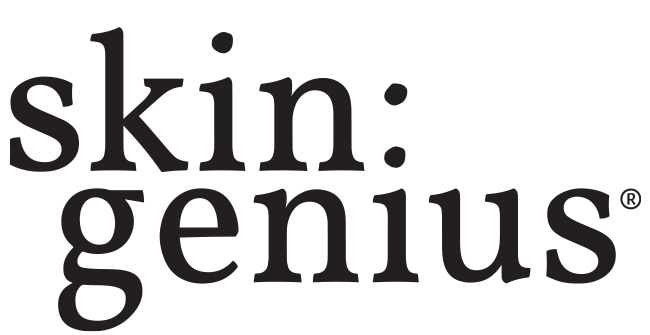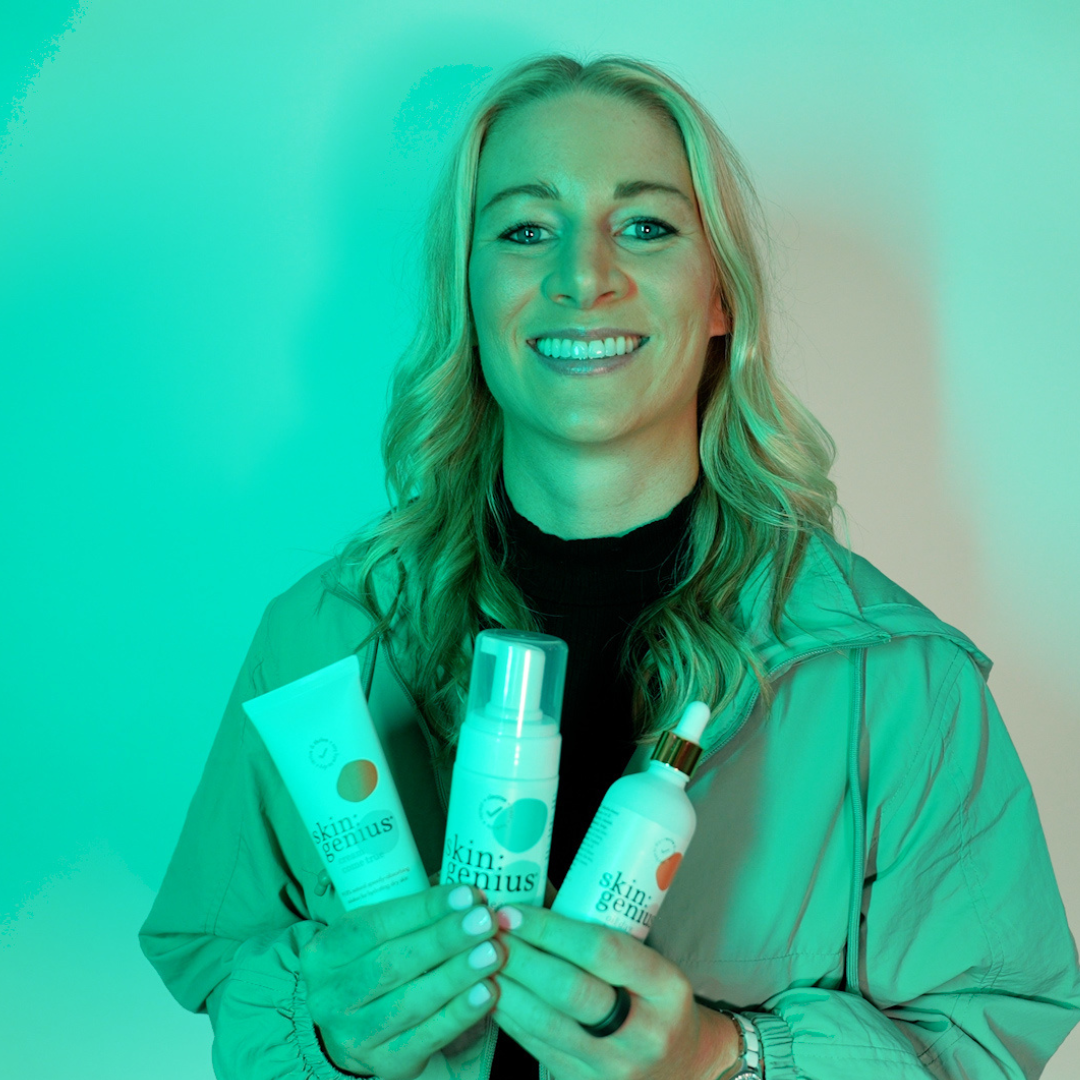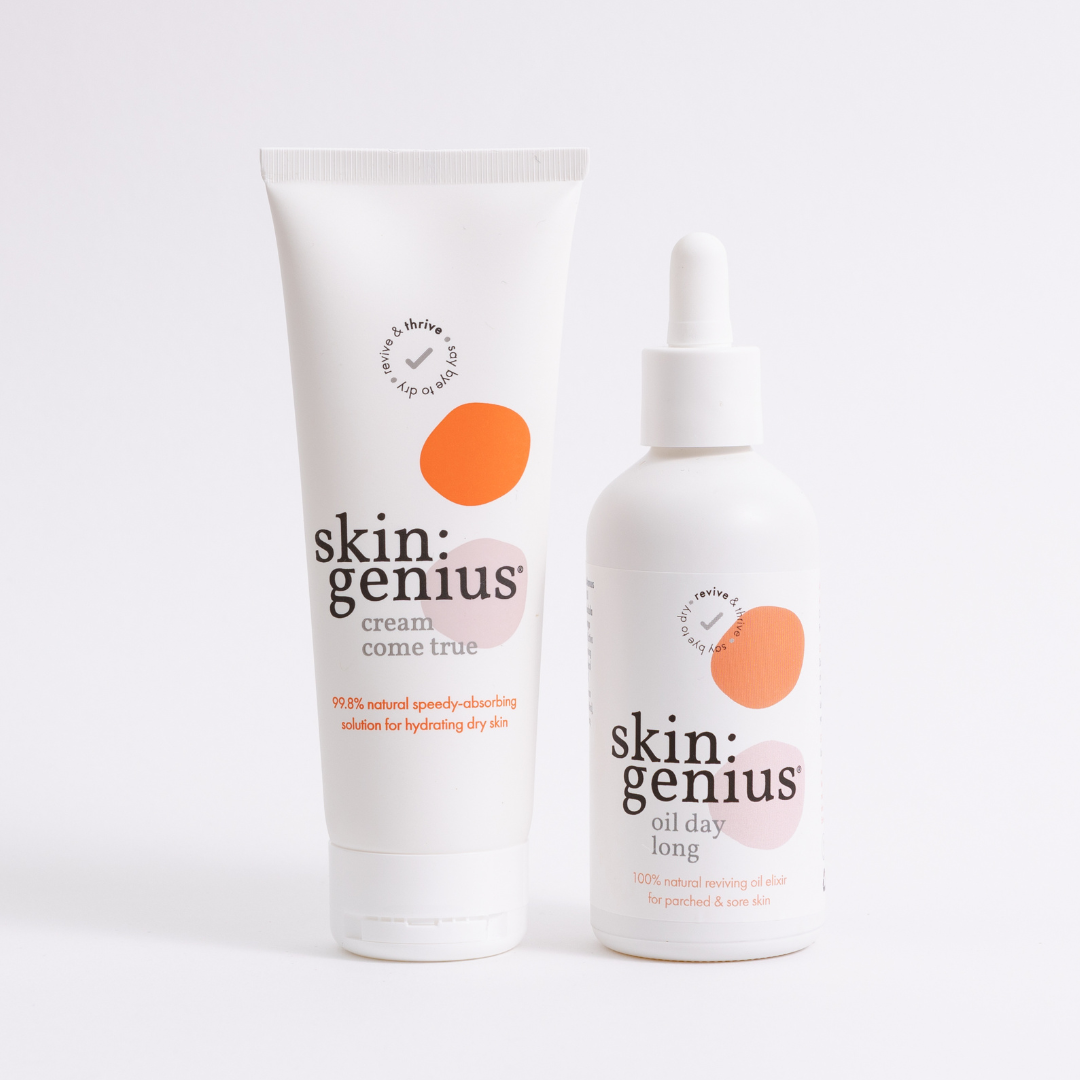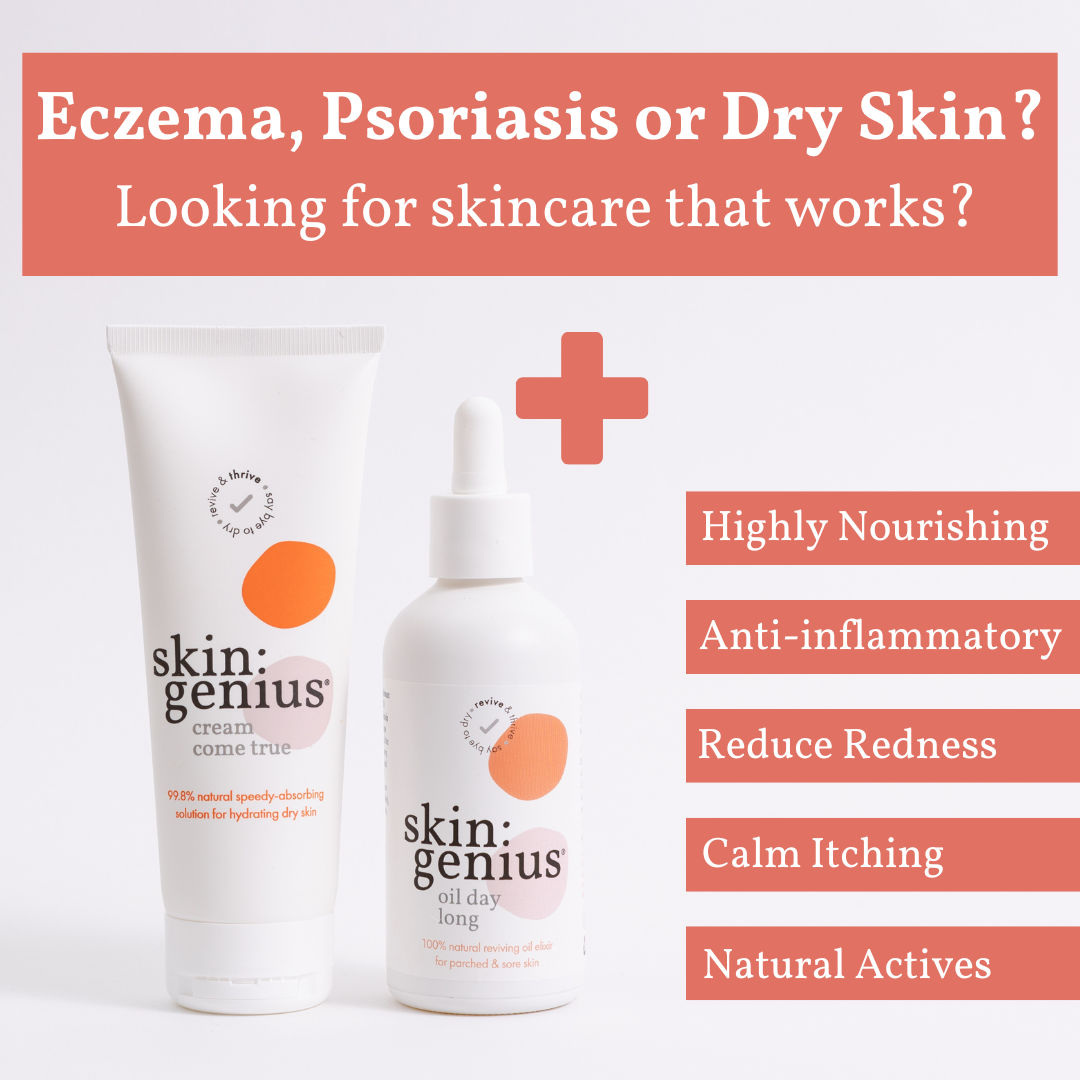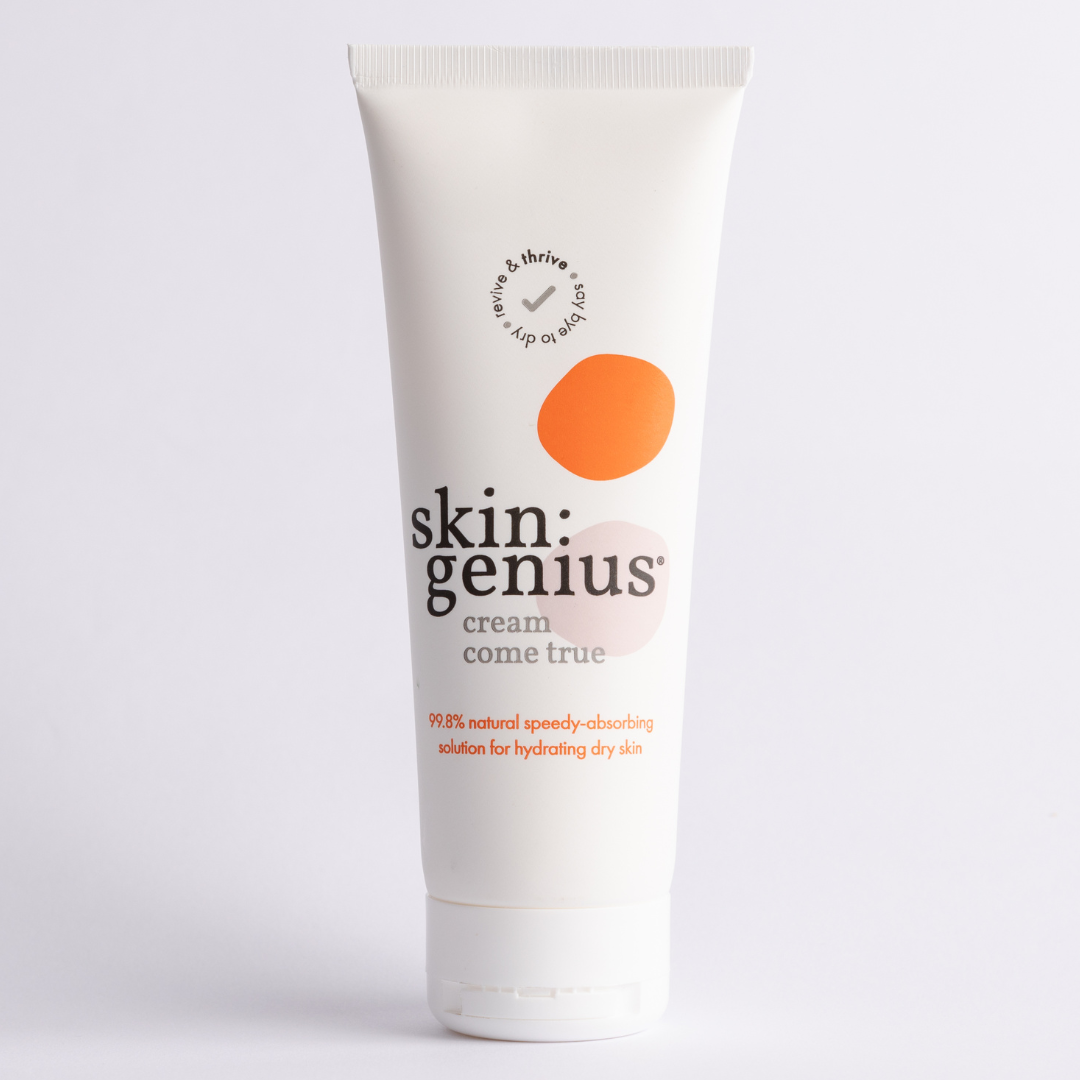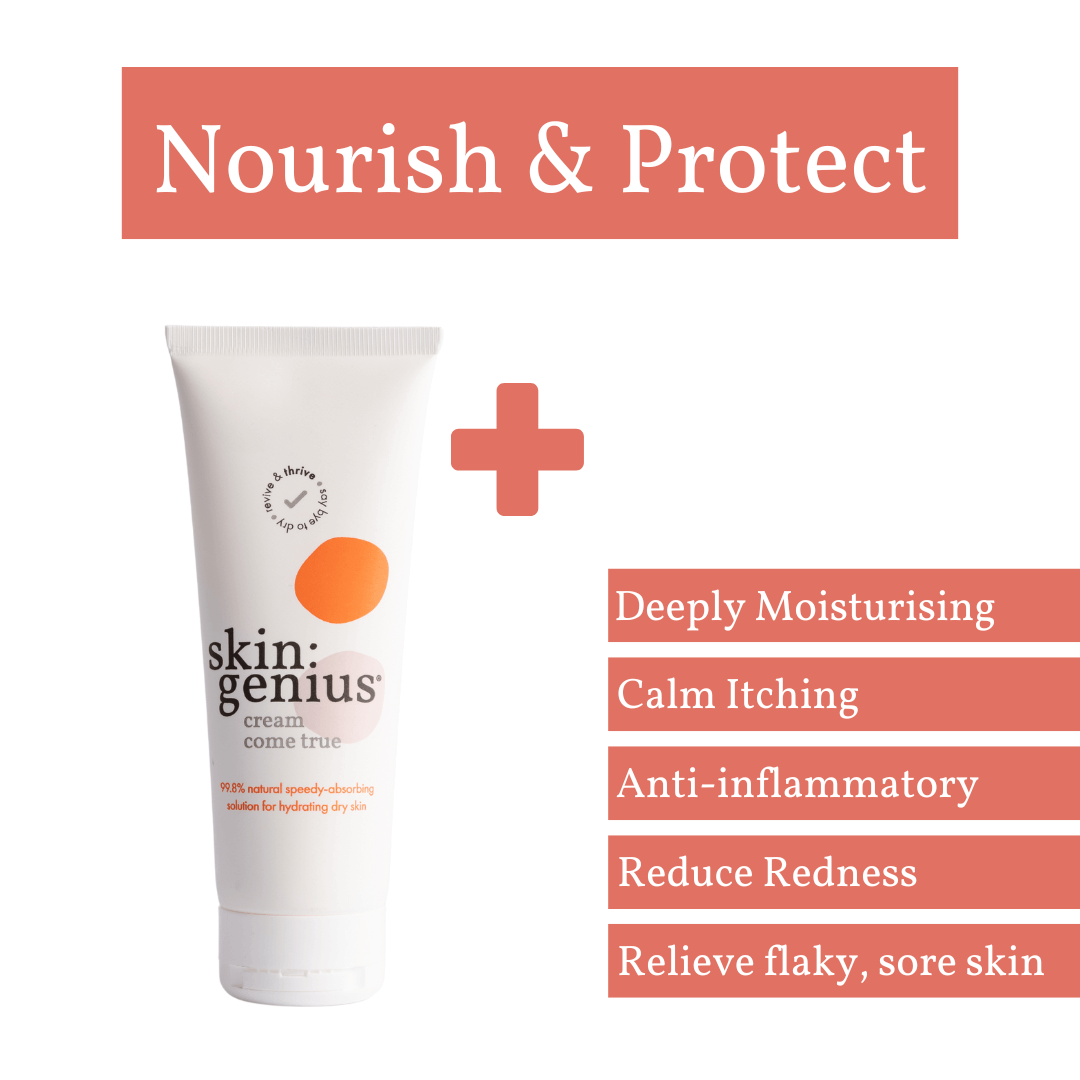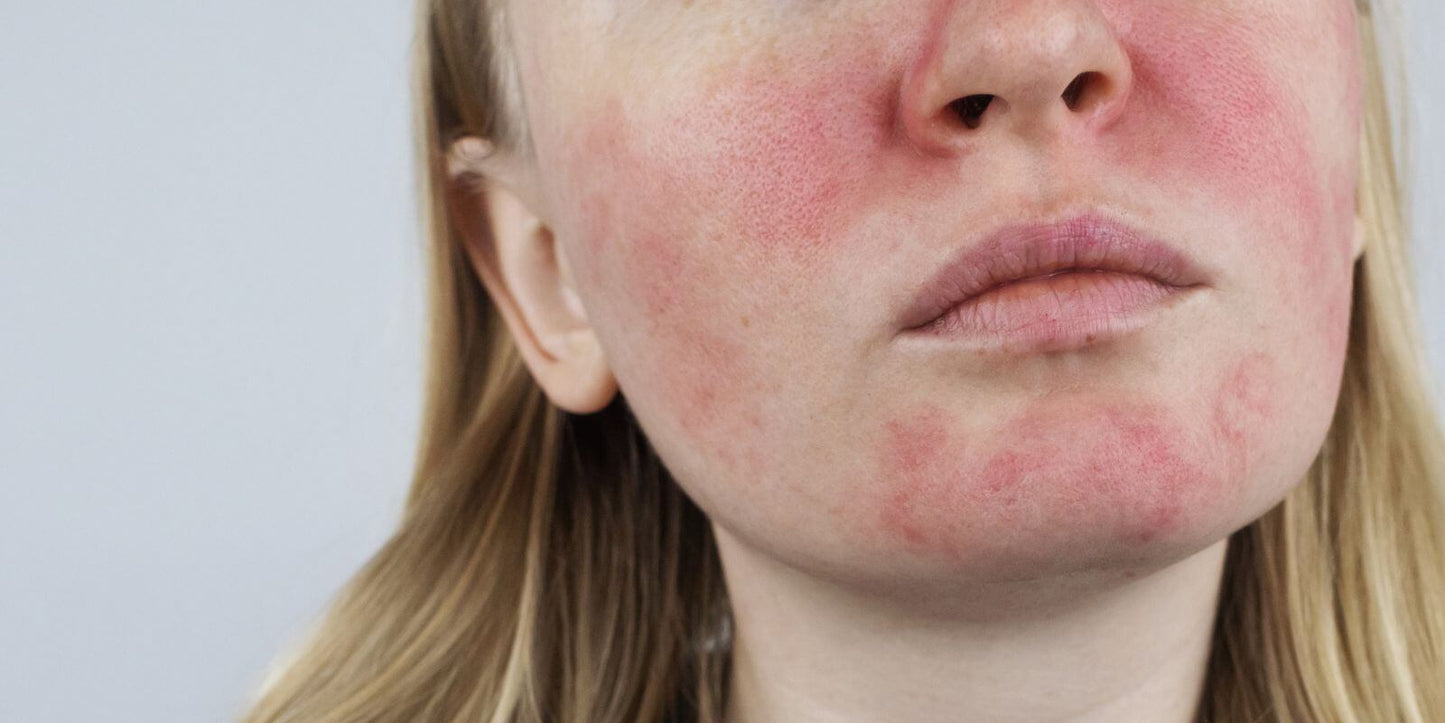
Did you know that Rosacea affects at least 5% of the population, that is over 3 million people in the UK! It is generally more common among men and women over the age of 30.
So what is Rosacea?
Rosacea is a chronic, inflammatory skin condition which may look similar to acne, but the conditions are completely unrelated.
In fact, it is best to avoid treatments or skin products designed for acne, as these can worsen the symptoms.
What are the signs and symptoms of Rosacea?
There is often a persistent presence of facial redness, that mainly appears on the cheeks and nose. Facial flushing can be experienced, where rosacea sufferers have itchy or sensitive skins, and sometimes they may also experience a ‘burning’ sensation. Bumps and pimples are often part of the symptomatology. The condition is also characterised by flare-ups and remissions.
It is vascular and inflammatory in nature, rather than related to skin hygiene or inadequate skincare routine.
For up to 75% of rosacea sufferers, the condition also affects the eyes and this is referred to as ocular rosacea. It causes irritation, redness, and for some, light sensitivity.
Who is more at risk of developing rosacea?
- Women over the age of 30
- Those with fair skin-especially of northern or eastern European descent
- Those with a family history of rosacea
- Smokers
What could initiate flare ups?
- Sun exposure to the face
- Hot weather
- Saunas and hot baths
- Psychological stress
- Hormonal fluctuations like those that arise with the perimenopause.
- Demanding exercise
- Alcohol
- Spicy foods
- Harsh skin products
The actual cause of rosacea is unknown and unfortunately, there is no cure to date, despite lots of research around the world.
Although prescription topical treatments and medications may be warranted, there are natural ways that can be adopted to help prevent the flare-ups with personalised lifestyle changes.
Here are my top 5 lifestyle strategies to help support rosacea.
1. Sun exposure
With sun exposure being the most common trigger for rosacea, it is advisable to apply SPF 30 or above and use a non chemical sunscreen to the face. The best mineral sunscreens are those that contain zinc or titanium dioxide, as those provide a protective barrier. Wear a wide-brimmed hat and stick to the shade where possible.
2. Turn down the heat
Avoid hot saunas, hot baths or splashing hot water on the face.
Spray the face with cool water and keep hydrated with cold drinks (especially when exercising). Use a fan or open a window, to keep the temperature as comfortable as possible, when indoors on hot days.
3. Manage your stress levels
The psychological impact of rosacea may be underestimated. The condition can cause considerable stress and may result in anxiety, depression, embarrassment and social isolation in some individuals.
National Rosacea Society (NRS) surveys found that nearly 90% or rosacea patients reported lowered self confidence and self- esteem as a result, with 41% stating rosacea had caused them to avoid public contact, or cancel social engagements. This can create a negative downward spiral as emotional stress itself ranks highly on the list of rosacea flare- up triggers. The good news is that 67% of rosacea patients surveyed found that they were able to ‘reduce the number of flare-ups experienced through stress management techniques.
These include:
- Yoga
- Meditation
- Regular exercise
- Sleep hygiene
- Supportive relationships
- Improving communication
4. Adopt a healthy, balanced and nutrition dense diet
- Focus on brightly coloured vegetables to ensure adequate intake of skin supporting nutrients.
- Antioxidants such as Vitamin C and Zinc help to maintain the health of the skin.
- Omega 3 fatty acids found in foods like oily fish, flax and hemp oil, can have a role to play in healthy anti-inflammatory pathways.
- A nutrient dense diet, that is low in ultra processed foods and refined sugars, can go a long way in supporting inflammatory responses and optimal skin health.
- We are all different, so it is best to monitor how your rosacea responds to food triggers, such as alcoholic beverages, hot spicy foods (including spices likes chilli and cayenne pepper), chocolate, avocadoes, dairy or citrus fruits.
- Keeping a food diary can help as well as looking into supporting hormonal fluctuations, which can also impact on flare ups.
- Working closely with a nutritional therapist can help you identify specific triggers, to pinpoint nutritional deficiencies and to help you optimise your microbiome- the trillions of microorganisms that live on and within us.
- Since the gut and the skin are connected, just like the gut and the brain, it makes sense to focus on how we eat, as well as optimising on gut loving foods (ie eating a wide variety of whole foods, fibres or fermented foods). This ultimately produces benefits far beyond gut health, extending to a more robust immune system as well as better skin.
5. Choose you skin care products with care:
- Keep it simple and pay attention to skin barrier repair, with the use of gentle cleansers and moisturisers.
- Avoid abrasive skin products - especially those containing exfoliating ingredients.
- Always do a test patch before using a new product, on rosacea prone areas.
- Ingredients that commonly irritate include alcohol, witch hazel, menthol and peppermint, perfumes and fragrances, sulphates and parabens.
- You may wish to consider products with calming and soothing botanicals like Chamomile or Calendula such as All’s Well That Gels Well which is perfect to reduce redness, inflammation, soreness, and is cooling on the skin. We suggest keeping in the fridge for an extra chill - apply a thin layer and let it absorb into the skin for relief. If you are looking to moisturise tight, itching and dry skin, we recommend Cream Come True or Oil Day Long.
References:
